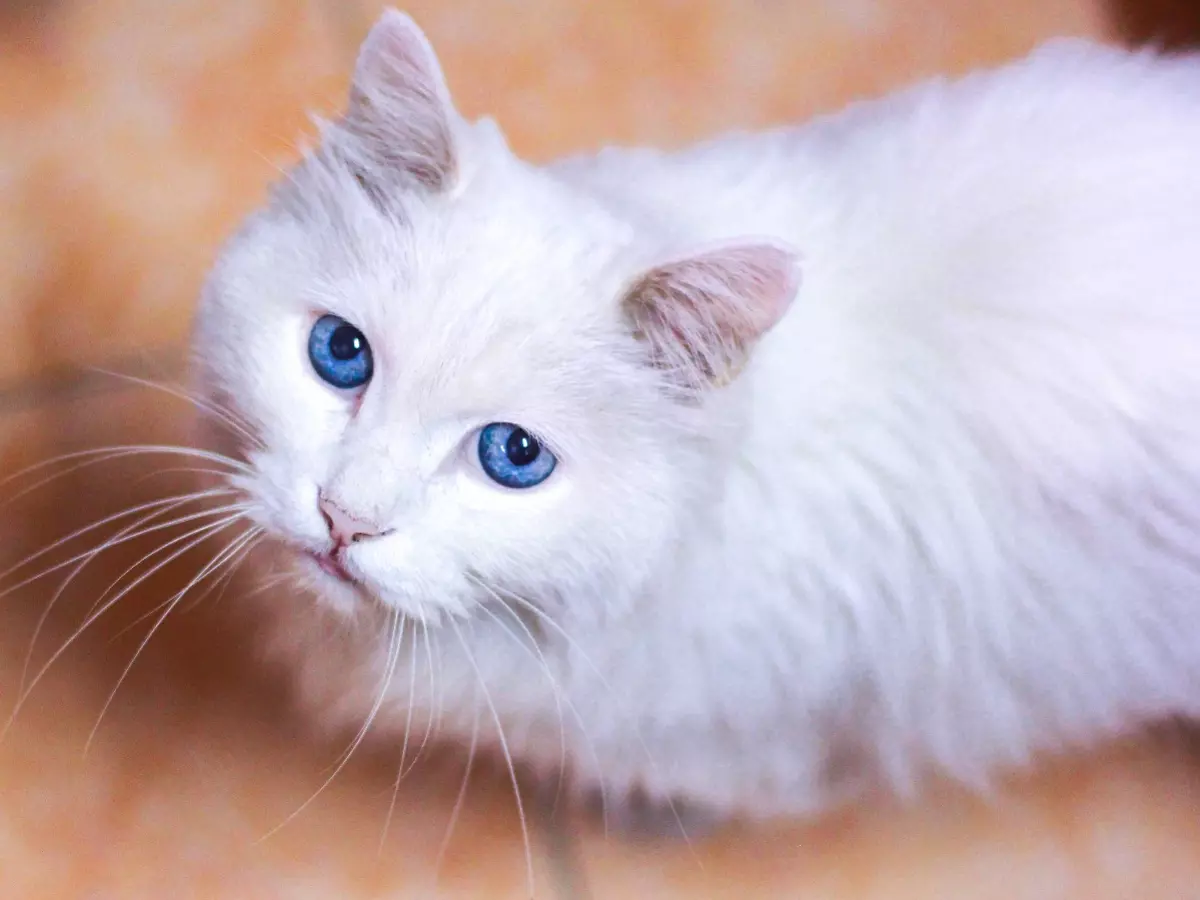Scientists Are 'Producing' A Gene-Edited Cat That Doesn't Cause Any Allergies
Researchers are attempting to create a gene-edited cat that would effectively reduce the symptoms of people who suffer from allergies

CRISPR is a Nobel Prize-winning technology that focuses on gene-editing. Now, it appears that the tech's impact may be felt in cats very soon.
A team of researchers from Virginia-based company called InBio has used CRISPR in studies aimed at reducing human allergies that may occur in cats. If you're one of those people whose eyes start to swell in between uncontrollable bouts of sneezing around cats, this might bring you respite.
 Uncredited
Uncredited
Deleting a cat gene
Researchers are attempting to create a gene-edited cat that would effectively reduce the symptoms of people who suffer from allergies. About 20% of the world's population has pet allergies and are therefore unable to keep animals like cats as pets. But if the company's promise is to be trusted, a solution might be near.
Also read: Anti-Ageing Supplement Discovered By Scientists Could Extend Human Life Span
Pet allergies are not always controllable. Many people get Asthma-like symptoms if they're exposed to an animal's fur and dander. A protein called Fel d 1 is actually considered responsible for 90% allergies from cats.
 Rd (Representational image)
Rd (Representational image)
"Producing" a new cat?
In a study published on Monday in the CRISPR Journal, researchers from InBio said that they have evidence to suggest that CRISPR may be used to "produce" cats that make little to no Fel d 1 to make pets safe for everyone.
Also read: Scientists Have Identified A Gene That Could Prevent Parkinson's Disease In Humans
Researchers examined the DNA of 50 domestic cats and then spotted regions that are heavily involved in the production of Fel d 1. The genes of these cats were then compared to those of eight wild cat species. They found that Fel d 1 is not required for cat biology and may be effectively removed through CRISPR.
 Unsplash
Unsplash
Based on their assessments, scientists are convinced that Fel d 1 is a "rational and viable candidate for gene deletion."
What do you think about touching a cat without having to compulsively scratch your entire body a few minutes later? Let us know in the comments below. For more in the world of technology and science, keep reading Indiatimes.com.
References
Brackett, N. F., Davis, B. W., Adli, M., Pom¨¦s, A., & Chapman, M. D. (2022). Evolutionary Biology and Gene Editing of Cat Allergen, Fel d 1. The CRISPR Journal.
Ozdemir, D. (2022, March 30). Allergy-free cats? A new CRISPR method might have the answers. Interesting Engineering.
